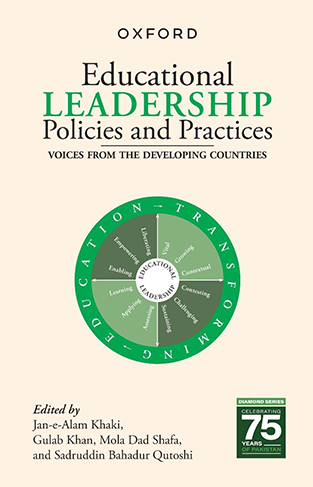Educational Leadership Policies and Practices - Voices from the Developing Countries
Educational Leadership Policies and Practices - Voices from the Developing Countries
By:
-
Rs 1,121.25
- Rs 1,495.00
- Ex Tax :Rs 1,121.25
- Price in loyalty points :1495
You saved Rs 373.75.
Due to constant currency fluctuation, prices are subject to change with or without notice.
Educational Leadership Policies and Practices highlights voices from different developing countries that echo the need for sustainable, enabling, and liberating educational leadership that will stimulate ideas and ideals to usher new ways of looking at old problems of educational leadership.
The chapters, largely, are based on original empirical field research, learnings drawn from applied research, and study of organizational learning. In addition, they are based on policy analysis and analytical deconstruction of the mind-boggling nuances of pedagogical, transformational, or transforming leadership theories.
In an area where so little has been written on school and system leaders, Educational Leadership Policies and Practices: Voices from the Developing Countries is a very welcome contribution to the field. The various authors do a great job of portraying how radically different the contexts are for making education progress as leaders. We see the familiar concepts: transformational, moral, pedagogical, capacity building, contingent, mobilizing community, and so on, but the contexts are so different that the findings and lessons generate new ideas about leadership. The six main leadership lessons for less developed countries examined in the final chapter are especially powerful.











